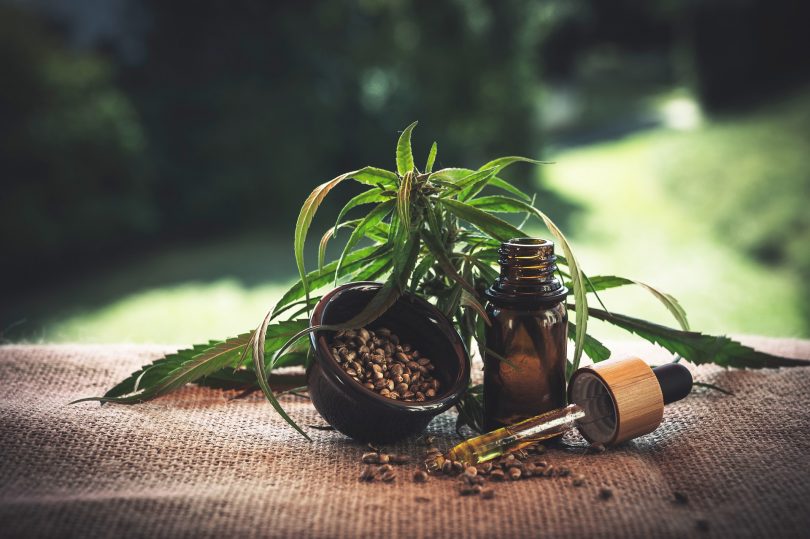Cannabidiol (CBD) seems to be popping up in a growing number of consumer products, including food and cosmetics. But even though CBD products may be FDA-approved, there’s still some confusion over the legality of the cannabinoid across each state.
Is the cannabinoid legal everywhere, or are there still some states where CBD is outlawed?
Simply put, CBD is legal in all 50 states. That said, the specific laws surrounding CBD may differ slightly from one state to another. More specifically, state laws may vary on the legality of the type of CBD product used, as some particular forms may be outlawed.
CBD can be derived from both the hemp and the cannabis plant, which are not exactly the same. Instead, they’re different strains of the same species of plants. The specific type of plant that CBD is derived from matters in terms of legality from one state to another.
Thanks to the 2018 Farm Bill, the cultivation of hemp is legal in the US. And as long as CBD is derived from hemp that contains less than 0.3% tetrahydrocannabinol (THC), it’s legal on a federal level, as well as across each state.
The issue on the legality of CBD stems from whether it’s derived from the cannabis or hemp plant. While hemp-based CBD may be legal thanks to its low level of THC, cannabis-derived CBD may have some legal implications in states that have not yet legalized marijuana, whether for recreational or medical purposes, or both.
Right now, cannabis is legal for recreational use in 18 states plus the District of Columbia.
In these states, CBD extracted from the cannabis plant and incorporated into a product with a THC level of more than 0.3% would be considered legal. And for the additional states that allow for medical use of cannabis — bringing the total to 36 states — CBD derived from cannabis for the purpose of alleviating medical issues would also be considered legal. There are no gray areas in terms of whether the CBD was derived from the hemp versus the cannabis plant.
The confusion comes when we talk about CBD’s legality in states where marijuana is still illegal, including Texas, Georgia, and South Carolina, among others. In these states, CBD must be derived from the hemp plant and not have any THC levels exceeding 0.3% in order to be considered legal.
Another point of confusion stems from the federal stance on cannabis. Again, hemp is legal on a federal level thanks to the 2018 Farm Bill. But cannabis continues to be outlawed. As such, only CBD from hemp would be considered legal from a federal standpoint.
All in all, CBD is legal in all states, as long as it’s extracted from the hemp plant and the product contains less than 0.3% THC. If derived from cannabis, CBD’s legality would be based on a state-by-state case.
Image source: CBD-Infos-com via Pixabay










